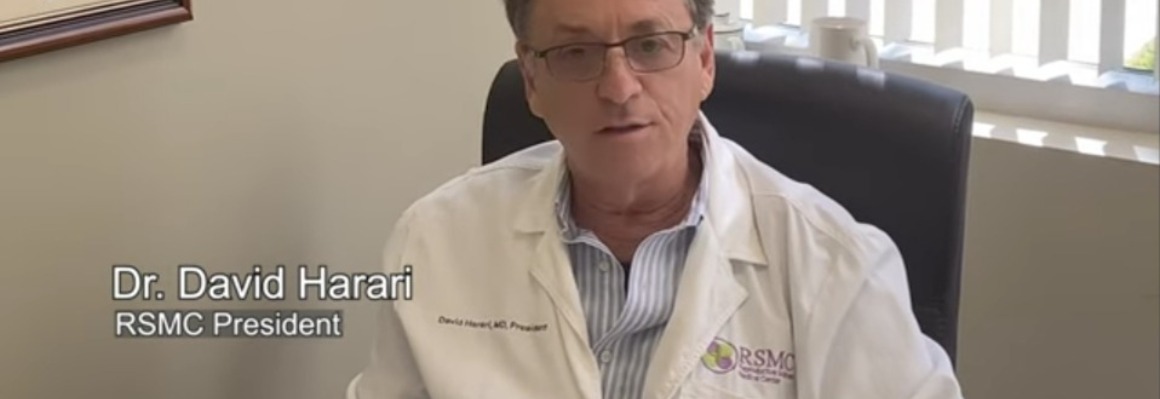Thank You to CNA for the Interview: RSMC Director Discusses the Legalization of Surrogacy in Taiwan

The Taiwanese government is currently actively revising the "Artificial Reproduction Act," planning to legalize surrogacy services under strict conditions. The primary target groups for this draft include heterosexual couples, same-sex couples, single women, and lesbian partners. According to advocates for fertility rights, such as the Homosexual Families Association and other supporting groups, this move will help increase the birth rate and provide more options for families with fertility needs. However, some in society worry that surrogacy might bring ethical and social issues, such as protecting the rights of surrogate mothers. Additionally, some groups argue that the law should be applied fairly to all groups, including transgender individuals, to ensure everyone can enjoy equal fertility rights. Currently, the "Artificial Reproduction Act" in Taiwan stipulates that only heterosexual couples who are infertile or have special medical reasons can commission artificial reproduction.
In February 2024, Taiwanese political parties proposed prioritizing the "Artificial Reproduction Act" as a key legislative agenda. The focus of the amendments includes allowing single women and lesbian couples to use artificial reproduction and addressing the long-debated issue of allowing surrogate mothers. Supporters believe that reproductive rights are fundamental human rights that should meet demand, while opponents worry about ethical issues and the protection of women's rights. The marital and reproductive status of Taiwanese women is also changing, with a record low marriage rate and increasing age of first marriage in 2023, and more women over 35 having their first child. These changes further drive the need for legislative reform.
In an interview with CNA, Dr. David Harari, Director of RSMC, shared his professional insights on the legalization of surrogacy in Taiwan. Taiwan's current artificial reproduction laws require that IVF must be performed by heterosexual couples and do not involve third-party surrogacy. Therefore, infertile heterosexual couples or gay couples often travel to countries where surrogacy is legal and services are well-established, such as the United States, to fulfill their dreams of having children. Unlike Asian countries, the U.S. does not restrict IVF based on marital status or sexual orientation. At RSMC, we tailor IVF treatments to each client’s physical condition and fertility plans to ensure they receive the most professional medical services.
Regarding Taiwan's current restrictions on surrogacy services, Dr. Harari believes that regulations should respect local social and cultural contexts. The U.S. has a mature surrogacy service industry with comprehensive legal and social support systems that protect the rights of surrogate mothers and intended parents. The low acceptance of surrogacy in some societies mainly stems from concerns about the rights of surrogate mothers and the commercialization of wombs. However, in the U.S., surrogacy is a serious and strictly regulated profession. RSMC has the nation’s only recruitment and selection system for surrogate mothers managed by professional obstetricians and gynecologists. We also have our own legal and psychological support units to ensure that surrogate mothers have full rights and support, preventing any form of exploitation or abuse. Clients have dedicated case managers to facilitate communication between them and the surrogate mothers. Through positive interactions, many intended parents and surrogate mothers become friends because of this unique bond.
Dr. David Harari emphasizes that the legalization of surrogacy is crucial for Taiwan, especially in terms of increasing the birth rate and safeguarding reproductive rights. If surrogacy is legalized, the government must pay special attention to the rigor of the recruitment process, the protection of privacy and rights of both surrogate mothers and clients, the legal identity of the children, and the establishment of social support systems. While promoting the legalization of surrogacy, Taiwan needs to fully consider the opinions of all sectors of society and establish comprehensive legal and supportive measures to protect the rights of all parties involved, promoting social harmony and progress. RSMC will continue to follow and support this process, committed to providing professional and safe medical services to all families with fertility needs.
Original news video: Focus Taiwan(CNA English News)



